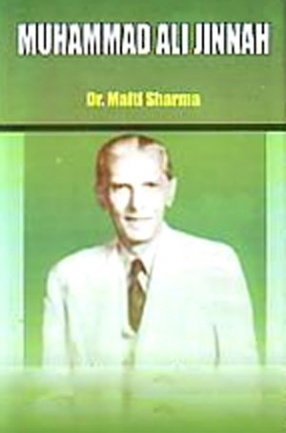
Mohammad Ali Jinnah

Showing all 24 books

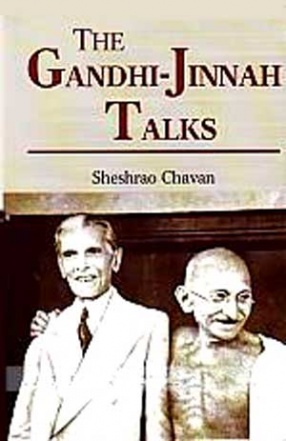
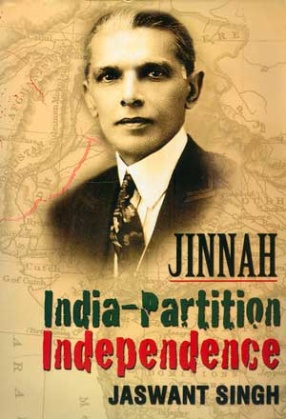
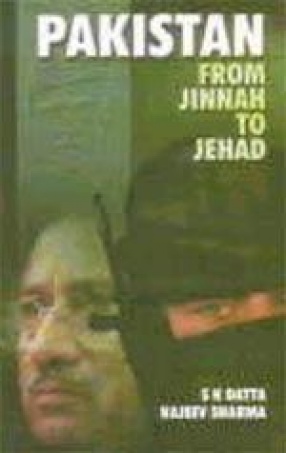
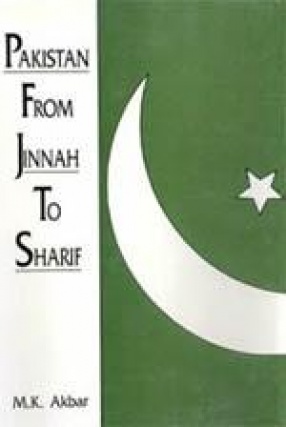
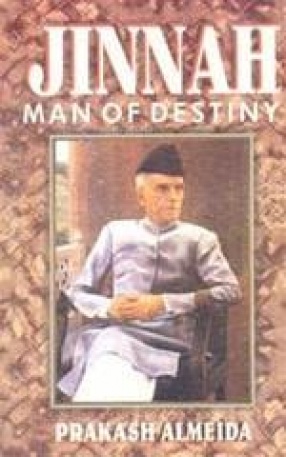
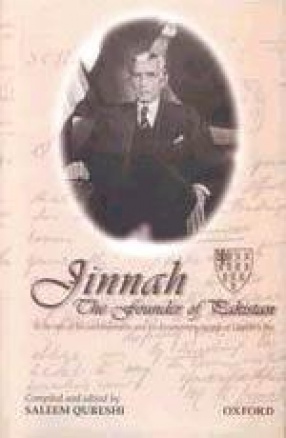
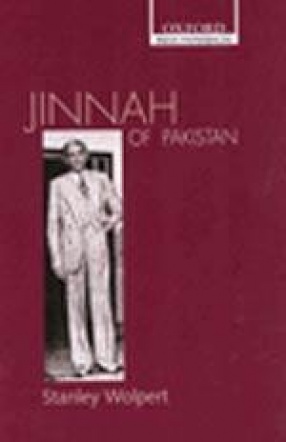

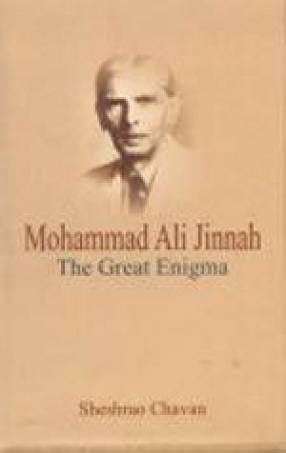
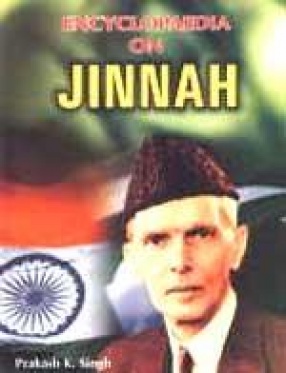


Gandhi-Jinnah Talks is not only a book on an important phase of our contemporary history, but it reveals the facts of that period effectively. With utmost ease the author explores the psyche of two great personalities, who shaped the destinies of this sub-continent. It helps us to understand divergent opinions that surfaced in the talks and circumstances that led to partition. It captures vividly the historical moments in an intimate manner without loosing sight ...
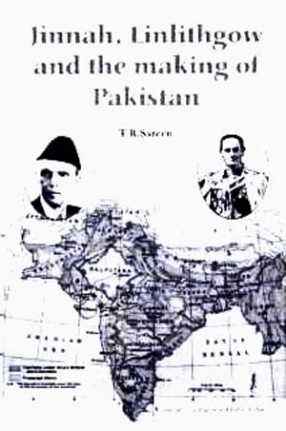
During the last sixty years, historians have made efforts to explain the circumstances which led to the making of Pakistan. There is no dearth of those who have blamed the Indian National Congress and its leaders for its creation. The Buedon of evidence, however, suggests that is was Jinnah, President of All India Muslim League, who got direct and indirect support from the Viceroy when the war began, for achieving his aim of making a separate homeland for the ...
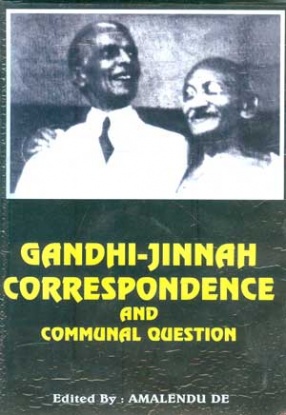

The partition of India, 1947, some call it vivisection as Gandhi had, has without doubt been the most wounding trauma of the twentieth century. It has seared the psyche of four plus generations of this subcontinent. Why did this partition take place at all? Who was/is responsible -- Jinnah? The Congress party? Or the British? Jaswant Singh attempts to find an answer, his answer, for there can perhaps not be a definitive answer, yet the author searches. ...

Jinnah never used the word jehad—his followers did—but he propagated such policies that can well be classified as jehad in the prevailing scenario. His direct action programme of August 1946 personified the jehadi in Jinnah. In many ways Jinnah was the most prominent jehadi in the Indian subcontinent. His concept of two nation politics helped him succeed single-handedly in creating the Muslim state of Pakistan—in the process leaving more Muslims in India ...

This book examines the dominant concerns of historical and political facts from Mohammad Ali Jinnah to Nawaz Sharif the Prime Minister of Pakistan. An authetic rather a magnum opus book ever made on these issues. The overwhelming newly elected pakistan’s Prime Minister described we must go down our knees and how before allah. A country where the President and the army are more powerful than the elected head, Mian Mohammed nawaz Sharif can hardly afford to count ...

Mohammad Ali Jinnah – the man who became the tragic hero of the destiny of his motherland. Mohammad Ali Jinnah’s life is a mystery. He was hailed as the best ‘Ambassador of Hindu-Muslim Unity.’ As a staunch secular nationalist Congressman that he once was; later turned the worst enemy of the Congress. He claimed to be the ‘Sole Spokesman of Muslims in India.’ He demanded Pakistan under his ‘Two-nation theory.’ He was a famous disciple of Gopal ...
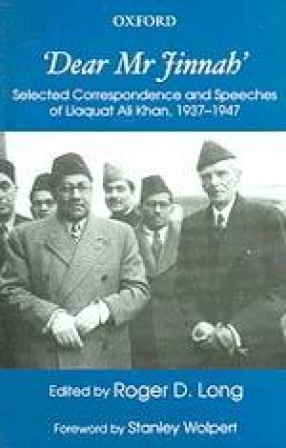
Liaquat Ali Khan is one of the unsung heroes of the Pakistan movement. He became Mohammad Ali Jinnah's most trusted Lieutenant, and in 1943 Jinnah called him his 'right hand'. Almost twenty years younger than Jinnah, Liaquat established a closer working relationship with Jinnah than anyone else. Their personal life shared a number of attributes and they both subscribed to modernist views. Jinnah was a Gladstonian liberal, and Liaquat was strongly influenced by ...

Much has been written about the partition of the subcontinent in 1947 and the Hindu political leaders of that time, Gandhi and Nehru. Comparatively little is known about Mohammad Ali Jinnah, the founder of Pakistan. Jinnah, the founder of Pakistan presents the reminiscences of friends and contemporaries of the man who was given the title of Quaid-i-Azam. The first part of the book is a compilation of the speeches made at the inaugural function of the M.A. Jinnah ...
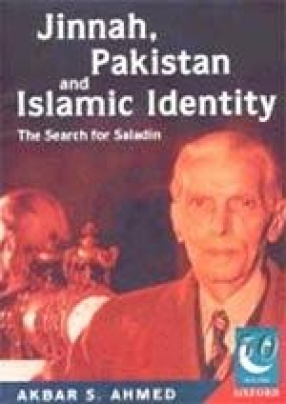
Four men shaped the end of British rule in India: Nehru, Gandhi, Mountbatten and Jinnah. We know a great deal about the first three, but Mohammed Ali Jinnah, the founder of Pakistan, has mostly either been ignored or, as in the case of the hugely successful film, Gandhi portrayed as a cold megalomaniac, bent on the bloody partition of India. Akbar Ahmed's major study tells a different story of heroism and tragedy and of backstage maneuvering among the governing ...

Mohammad Ali Jinnah was for Pakistan what Mahatma Gandhi and Jawaharlal Nehru combined were for modern India--inspirational father and first head of state. Jinnah began his career as the Indian National Congress's "Ambassador of Hindu-Muslim Unity" but ended it forty years later as the architect of the partition that split Pakistan away from India. This authoritative and uniquely insightful biography explores the fascinating public and private ...
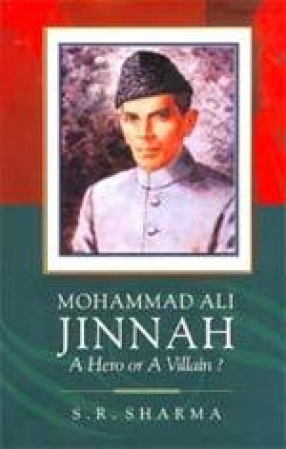
Most Indians believed that the Britishers had made up their mind to divide India and they openly encouraged Muslim League and its leader M.A. Jinnah. Jinnah served the purpose of the British. But the Pakistanis call him Quaid-e-Azam, the greatest leader and founder of Pakistan. As everything happens in the world with the will of Almighty God, partition of India will prove good for Hindus. Hindus are a mild and timid people. Had all the Muslims lived in India they ...

In the post independence Indian history Mohd. Ali Jinnah is depicted as the devil in the freedom struggle by the Indian writers and politicians. All illadjectives are used with his name. He is dubbed as a die-hard communalist, a separatist, an egoistic-arrogant, an ally of the British Imperialist, an opponent of the freedom movement, an enemy of the Congress and one man responsible for the partition. His positive aspect and his contribution to freedom struggle is ...

Indians by and large see Gandhiji as Father of the Nation, he brought Freedom, he is indeed the adarshapurush, even avatar almost at par with the Buddha or Christ; thus Jinnah becomes diametrically the opposite – a traitor, who partitioned Mother India, ruthlessly ‘cutting his pound of flesh’. For the average Indian Gandhiji symbolizes purity, simplicity, selflessness, sacrifice, divinity, that Gandhiji could do no wrong; Jinnah and Pakistanis wronged us! ...

Issues of common Governor-Generalship of India and Pakistan, Quaid-e-Azam and early problems of Pakistan, economic, social and educational vision of Quaid-e-Azam, administration of Pakistan, provincial affairs, foreign policy, relations with neighboring countries, last day of Q. Azam, his legacy and personality.

…Nehru bought this line of thought in totality. ‘Let Jinnah have Pakistan’, he declared: ‘By cutting off the head we will get rid of the headache.’ It was a moment in history when circumspection and discretion in making public utterances should have been the order of the day. A leader who was reckoned to be the future prime minister of India should have known that there was much to be gained by silence or at least in not making speeches that could ...
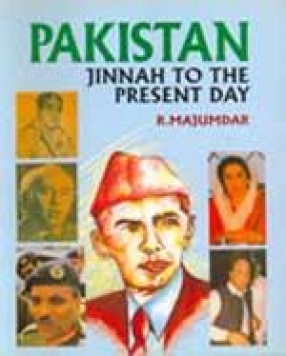
The land where flourished the world famous civilization some five thousand years ago-the Indus Valley Civilization. 'Pakistan' emerged on the political map of the world as a sovereign nation state on 14 August 1945. Originally harbouring the idea of making a well structured democratic nation, governed on the lines of Islamic laws, the concept of Pakistan was materialized under an Act of British Parliament after a prolonged struggle and concerted efforts of Muslim ...

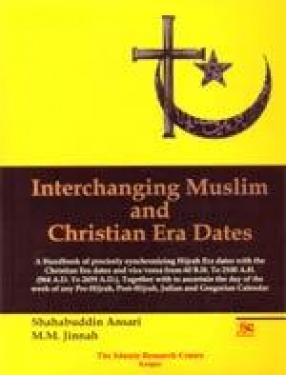
There are many books dealing with this specialized subject, but when the Author engaged himself in this work he found from his study and experience that the Conservation Tables in circulation are not very comprehensive and suffered mainly from two shortcomings-inaccuracy and intricacy. This work tries to rectify both. On this topic Author's cyclopedic work of interchanging Gregorian and Hijrah dates from 120 BH to 2010 AH (506 AD to 2571 AD) has already published ...

The purpose of writing this book is to explore, once again, answers to questions that have haunted our mind for years; like; Who divided India? Was Jinnah alone responsible for partition? Whether the Congress Party and its leaders like Gandhiji and Jawaharlal Nehru too were responsible in some measure? Finally, as the name of the book suggests, it is an attempt by the author to unravel the enigma called Jinnah. To a discerning reader, the book serves as a window ...
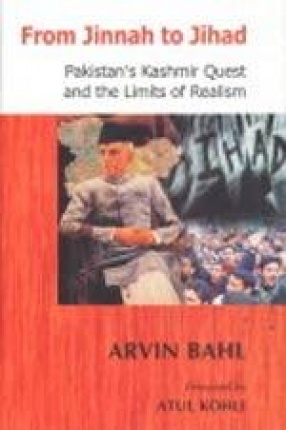
Former American President Bill Clinton referred to Kashmir as the "most dangerous place on earth." In 1999 nuclear-armed powers India and Pakistan fought a war over Kashmir, and again in 2002 they came close to another. The Kashmir dispute represents one of the world's oldest and most intractable conflicts, having befuddled policy makers since the partition of the subcontinent in 1947. Author Arvin Bahl attempts to analyze this conflict in the context ...
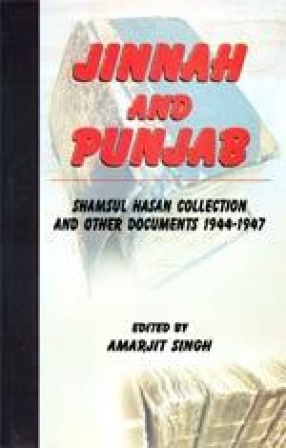
This work provides the complete texts of Shamsul Hasan Collection, Punjab and some other press statements of M.A. Jinnah related to the Muslim Punjab. The Shamsul Hasan collection contains the correspondence between the leaders of the Punjab Muslim League and M.A. Jinnah and it also includes the detailed reports regarding the activities of the Punjab Provincial Muslim League. It covers the period from 1944-1947, which was crucial in the run-up to the ...

To Pakistanis, Muhammad Ali Jinnah is revered and known as Quaid-e-Azam, or 'Great Leader.' He is their George Washington, their de Gaulle, their Churchill. Few individuals significantly alter the course of history. Fewer still modify the map of the world. Hardly anyone can be credited with creating a nation-state. Mohammad Ali Jinnah did all three. This set of books are an inquiry into the personality of Jinnah. It is born out of the quest for the truth. ...
